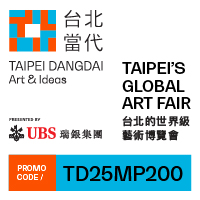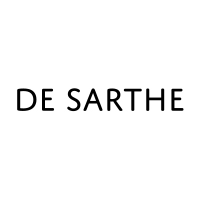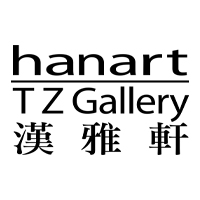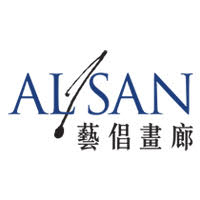Kasper König, 1943–2024
By Annette Meier
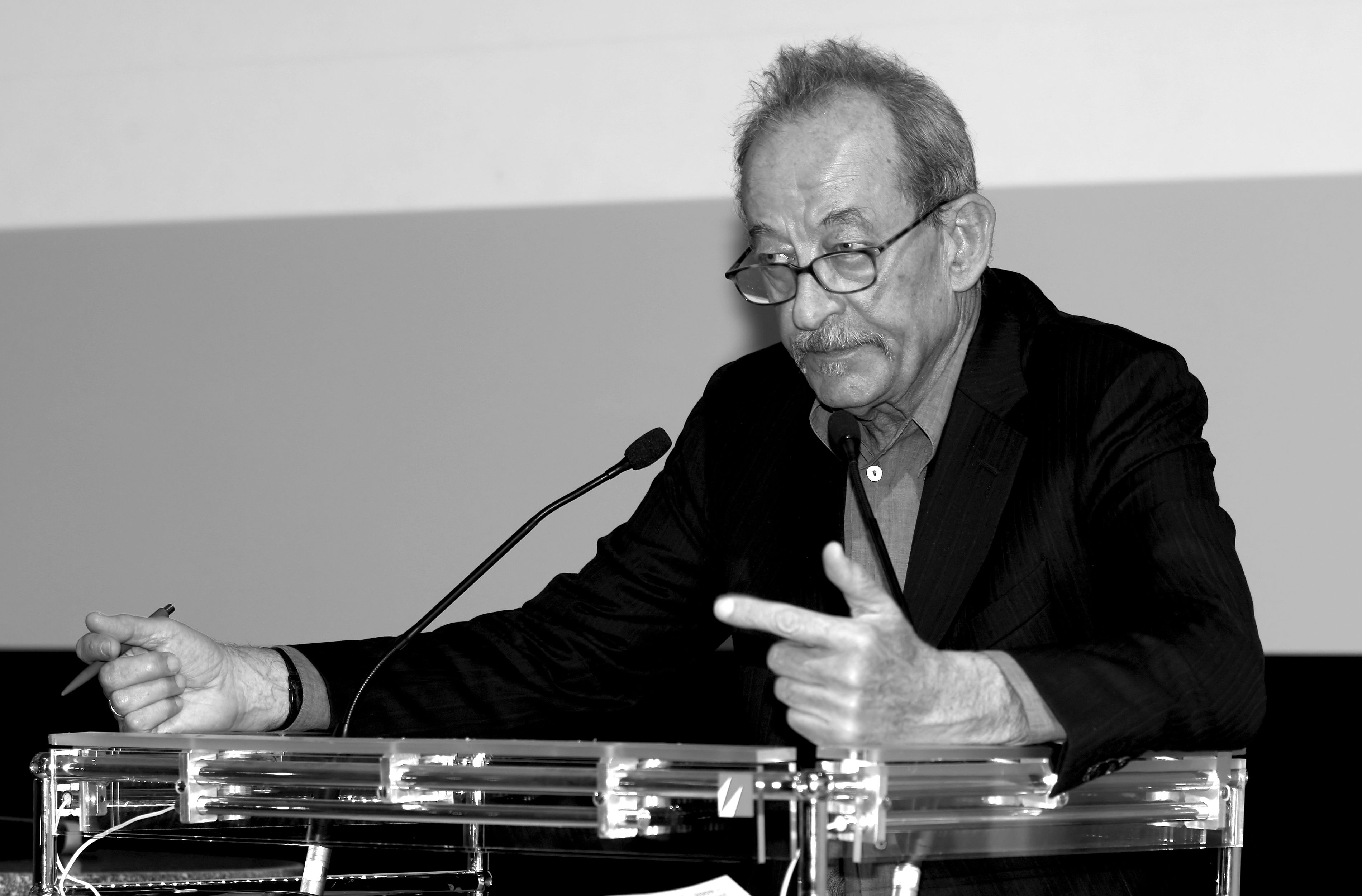.jpg)
Portrait of KASPER KONIG, from May 2009. Courtesy Wikimedia Commons.
German curator, co-founder of the Skulptur Projekte Münster, and former Museum Ludwig director, Kasper König, whose groundbreaking work helped shape contemporary art discourse for more than half a century, passed away in Berlin on August 9 at age 80. The news was announced on Saturday by the Museum Ludwig in Cologne, Germany.
A curatorial trailblazer within the German and international art scene, König was driven by the belief that “[t]he museum is a public space. It belongs to everyone and no one.” Compared to most of his peers who established themselves by focusing on specific artists or a singular style, König was interested in variety, perpetually seeking to recruit new talent. To him, it was essential to believe in artists and give them the space to experiment and create freely—a philosophy he carried into his exhibition-making approach.
König was born in 1943 in Mettingen, a Westphalian municipality located north of Münster. Drawn to contemporary art, he interned with the German art dealer and gallerist Rudolf Zwirner (the father of David Zwirner) in Cologne, where he met various critics, collectors, museum officials, and artists in the city’s burgeoning pop art scene. He was known to have met leading young painters Sigmar Polke, Manfred Kuttner, Konrad Lueg, and Gerhard Richter—the founding fathers of “capitalist realism”—who influenced his anti-consumerist views on art.
After deserting his military duties in West Germany, König fled to London in 1963 and changed his first name from Rudolf Hans to Kasper, to dodge German authorities. In London, he enrolled in classes at the Courtauld Institute of Art, though, without earning a degree, he had already begun to work for the British art dealer Robert Fraser.
Still in his early twenties, König moved to New York around 1964–65 (accounts vary), carrying two Francis Picabia paintings on behalf of Robert Fraser Gallery. Though he initially hoped to work for Dick Bellamy, the free-spirited American art dealer who ran Green Gallery, the venture had shut down by the time he arrived. Instead, he attended The New School in New York and began organizing his first museum shows, albeit with the ulterior motive of obtaining a green card.
As the New York representative for Stockholm’s Moderna Museet, König curated his first solo exhibitions in Sweden. The first, held in 1966, was of the Swedish American sculptor Claes Oldenburg, followed in 1968 by an Andy Warhol exhibition, after he worked at the pop artist’s iconic Factory. Four years later, in 1972, König worked as an advisor to Swiss curator Harald Szeemann on the mega festival Documenta 5, titled “Questioning Reality—Pictorial Worlds Today” edition, held in Kassel, in what was then West Germany.
In 1977, together with the German art historian Klaus Bussmann, König founded the Skulptur Projekte Münster (SPM), a public exhibition showcasing sculptures throughout the Westphalian city. The once-a-decade project slowly garnered international acclaim, and König served as the artistic director of every show through its most recent edition in 2017.
Over its five editions, many Asian artists have created works for the SPM, including Korean video art pioneer Nam June Paik, who participated twice, with TV Buddha for Ducks (1987) and 32 Cars for the 20th Century: Play Mozart’s Requiem Quietly (1997). The 1987 edition featured sculptures by Iranian-born artists Siah Armajani and Shirazeh Houshiary, while the 1997 iteration presented works by Chinese artist Huang Yong Ping and Japanese artist Yutaka Sone, among others.
Other landmark exhibitions by König include “Westkunst” (1981), co-curated by the German Hungarian art critic Laszlo Glozer in Cologne, which spotlighted 800 avant-garde artworks created since 1939 by European and American artists; as well as the much-discussed Manifesta 10 (2014), held in St. Petersburg.
During the 1980s in Frankfurt am Main, König served as rector of the influential art academy, the Städelschule, and co-founded the Portikus exhibition hall. From 2000 to 2012, König directed Cologne’s major modern art museum, the Museum Ludwig, where he oversaw a total of 140 exhibitions as well as the institution’s renovations. A pathbreaking cultural figure, he received the Solomon R. Guggenheim Museum’s Lifetime Achievement Award in 2009.
König is survived by his wife, Berlin-based photographer Heidi Specker; his brother Walther König, an esteemed art book publisher in Cologne; his two sons, Leo and Johann König, both of whom are internationally connected art dealers; and his two daughters, Lili König and Coco Weber.
Annette Meier is an editorial intern at ArtAsiaPacific.
